According to the assessment of the Department of Agriculture and Rural Development of Ha Nam , up to now, most cooperatives in the province have participated in the agricultural production chain, from the stage of providing input services for production to the stage of consuming post-harvest products. Thereby, contributing to accelerating the process of shifting the agricultural economic structure towards concentrated commodity production, bringing high income value per unit of cultivated area. However, besides the effectively operating cooperatives, there are still cooperatives that have not really promoted the role of "bridge" in the agricultural value chain. So what is the solution? That is the content of the interview between Ha Nam Newspaper reporter (PV) and Mr. Do Xuan Truong, Chairman of Ha Nam Cooperative Union.
Reporter: Agricultural service cooperatives play an important role in the restructuring process of the agricultural sector. Linking and cooperating in agricultural production is an inevitable direction for the development of modern and sustainable agriculture; in which, cooperatives play a connecting role. The actual operation of agricultural service cooperatives in the area in recent times has proven that, sir!
Mr. Do Xuan Truong: That's right! The development of the agricultural economic sector in localities in the province over the past years has proven that: If agricultural production wants to bring about high efficiency and economic value, the production mindset must change, farmers must unite and "join hands" to produce on a large scale, synchronously, concentratedly and with links from production, processing to consumption between farmers, cooperatives and enterprises.
By the end of 2023, the province had 241 cooperatives operating in the agricultural sector, accounting for 77.24% of the total number of cooperatives and credit funds in the area (including: 153 agricultural service cooperatives, 39 crop cooperatives, 24 livestock cooperatives and 25 aquaculture cooperatives). In addition to providing essential services and agreements to serve agricultural production, many agricultural service cooperatives have boldly built value chain linkage models and product consumption for members.

In 2023, continuing to implement the Provincial People's Committee's Agricultural Restructuring Project and the Project to support the construction of production cooperatives associated with the value chain of the Vietnam Cooperative Alliance, the Ha Nam Cooperative Alliance has deployed many solutions and practical activities, creating a clear change in the quality of cooperative operations. Along with training and fostering to improve the management and production organization of cooperatives, many policies to support the construction of production cooperative models associated with the value chain of key commodities have been issued by the Provincial People's Committee and effectively implemented in localities. Therefore, many new cooperative models of value chain-based production and high-tech agricultural cooperatives have emerged, such as: Bao An clean agricultural cooperative (Ly Nhan); Phu Van organic cooperative (Phu Ly); Lien Hiep safe agricultural products cooperative (Kim Bang); Dong Du high-tech agricultural cooperative (Binh Luc); “River in pond” aquaculture cooperative (Kim Bang), Dai Thang clean agricultural cooperative... The cooperative’s revenue and farmers’ income have therefore increased significantly, bringing benefits to members and playing an important role in agricultural restructuring and building new rural areas (NTM), advanced NTM. Many cooperatives have organized production and effectively linked with businesses from input supply services to preliminary processing, processing and product consumption under contracts.
Currently, the province has established over 20 cooperatives with strong products belonging to 6 product groups produced according to the value chain. Thereby, the potential strengths of localities have been promoted with key products with high competitiveness such as: livestock products, aquatic products, mushrooms and vegetables, fruits...
PV: However, besides cooperatives that perform well in their role as a link in production and product consumption, actively participate in the product value chain, contribute to the transformation and restructuring of the economy according to the general direction of the province, there are still cooperatives that operate poorly and do not meet the requirements of agricultural production in the direction of concentrated commodities?
Mr. Do Xuan Truong: It must be affirmed that the linkage, cooperation in production and consumption of agricultural products of localities in the province in recent times has had positive changes. However, due to certain difficulties and limitations, the linkage in the agricultural value chain has not fully exploited the potential in agricultural production. The linkage contracts still have many shortcomings, lacking sanctions when one party violates the contract. When the market price increases compared to the price agreed in the contract, the seller (usually the farmer) is willing to "turn around" and sell to another partner instead of the committed unit; on the contrary, when the price of agricultural products drops, some enterprises also turn around to force farmers and cooperatives to buy at lower prices. This is a major difficulty in the linkage process. Because in order to produce effectively and sustainably, it is necessary to ensure the harmony of interests of the factors participating in the value chain (producers, processors, distributors, consumers), but most of the current linkages lack a risk-sharing mechanism.
Furthermore, the link between farmers and cooperatives is not really sustainable; many farmers do not pay attention to group linkages and still produce in a fragmented manner, so they have not created concentrated production areas and large-scale, stable product lines. Therefore, cooperatives cannot link with enterprises when they require large output. On the contrary, there are cooperatives that link with enterprises to organize production and consume products but are still limited in output, and enterprises do not consume all of them.
PV: So, what do you think is the cause?
Mr. Do Xuan Truong: The first reason is that the production scale of agricultural products in Ha Nam is still limited, so it is not possible to meet large orders in a timely manner. Currently, Ha Nam still lacks key enterprises to purchase goods for farmers, production facilities and connections with distribution enterprises and supermarkets from other localities, which somewhat limits the consumption orders of enterprises and supermarket chains. Moreover, households and cooperatives producing agricultural products still mainly cultivate according to traditional practices, many types of agricultural products do not meet the requirements of registration procedures, quality inspection, payment methods, product packaging designs, collection, preservation, transportation, etc. or the quality is good this season but worse the next season, making it difficult to penetrate modern distribution systems and distribution channels.
In particular, in 2023, due to the impact of the Covid-19 pandemic, Russia's special military campaign in Ukraine, the fierce fighting in southern Israel and the Gaza Strip, the prices of essential input materials for production have increased: fertilizers, animal feed, etc., while the prices of output products tend to decrease; thus, it has greatly affected the income of cooperatives and member households. The management of agricultural product consumption markets is not strict in some places, while businesses are not aware of complying with State regulations, leading to some branded products being abused in terms of reputation, and the appearance of goods that do not meet the registered quality, reducing prestige and competitiveness in the market. The coordination of localities (through the Departments of Industry and Trade, Agriculture and Rural Development, etc.) is not regular, sometimes not timely (especially for seasonal products), so the implementation activities still lack planning and system...
PV: The above limitations and difficulties are the “barriers” and new challenges of agricultural production in integration and agricultural value chains. So, to effectively solve the above challenges, in your opinion, how should the role of agricultural service cooperatives be demonstrated? What will be the key solution, sir?
Mr. Do Xuan Truong: To promote the role of cooperatives in the agricultural value chain, cooperatives need to change their thinking about organizing activities, strengthen the functions of new-style cooperatives, produce according to the product value chain - the path cooperatives are moving towards for integration and sustainable development. In addition, cooperatives need to create a breakthrough - merge cooperatives in the same field to concentrate resources and strength for development, consolidate the Cooperative Union as specific steps for developing new-style agricultural cooperatives in Ha Nam effectively in the coming time.
On the side of departments and branches, it is necessary to synchronously deploy solutions on production organization at each enterprise, cooperative, production facility, and farmer household in the direction of applying scientific and technological advances; complying with advanced production processes; applying modern quality management standard systems to produce quality products, ensuring food safety, ready to meet the needs of domestic and international consumers. Pay attention to building and developing product brands and reputation of each enterprise, cooperative, production facility, saying no to fake goods, poor quality goods, and intellectual property violations. Build a healthy market, protect producers, protect consumer rights. Have practical support and incentive policies to build a close link between the four "State - Scientists - Producers - Enterprises" to create close links in the value chain from research - application - production - distribution to consumption.
In particular, for localities and cooperatives that need to connect, they need to proactively develop specific plans to clearly identify the products and goods that need to be connected, their quality, quantity, and time of supply, etc. to discuss with key businesses and localities right from the beginning of the year and the beginning of the season so that key businesses and localities can synthesize and build comprehensive connection activities, linking many businesses and localities to improve efficiency and reduce costs of implementing connection programs and activities. Along with that, it is necessary to innovate and improve the quality of coordination activities and information exchange on investment and production between localities in the region to exploit the comparative advantages of each locality, limit waste in investment, and contribute to orienting supply and demand in each locality and in the whole region. Select, invite and support enterprises producing and trading in local products and goods with strengths to participate in trade promotion activities, supply-demand connection conferences, and fairs in provinces and cities across the country to introduce and promote products, seek partners, business cooperation opportunities, and coordinate to form high-tech product chains with high added value.
However, in order for cooperatives to promote their role as a bridge in the agricultural value chain in the coming time, it is necessary for the Vietnam Cooperative Alliance to continue to support resources for the Cooperative Alliances of provinces and cities to organize the implementation of new cooperative pilot models associated with the development of safe agricultural product value chains, organic agriculture, high quality, large scale... In addition, the Provincial People's Committee continues to prioritize budget support in the following years to develop and restructure the agricultural sector of the province. On the part of the Government and ministries and branches, it is necessary to research and promptly issue legal documents to stabilize the prices of input materials and output products, so that cooperatives and people can confidently invest in production and business.
PV: Thank you very much!
Minh Thu (Performed)
Source




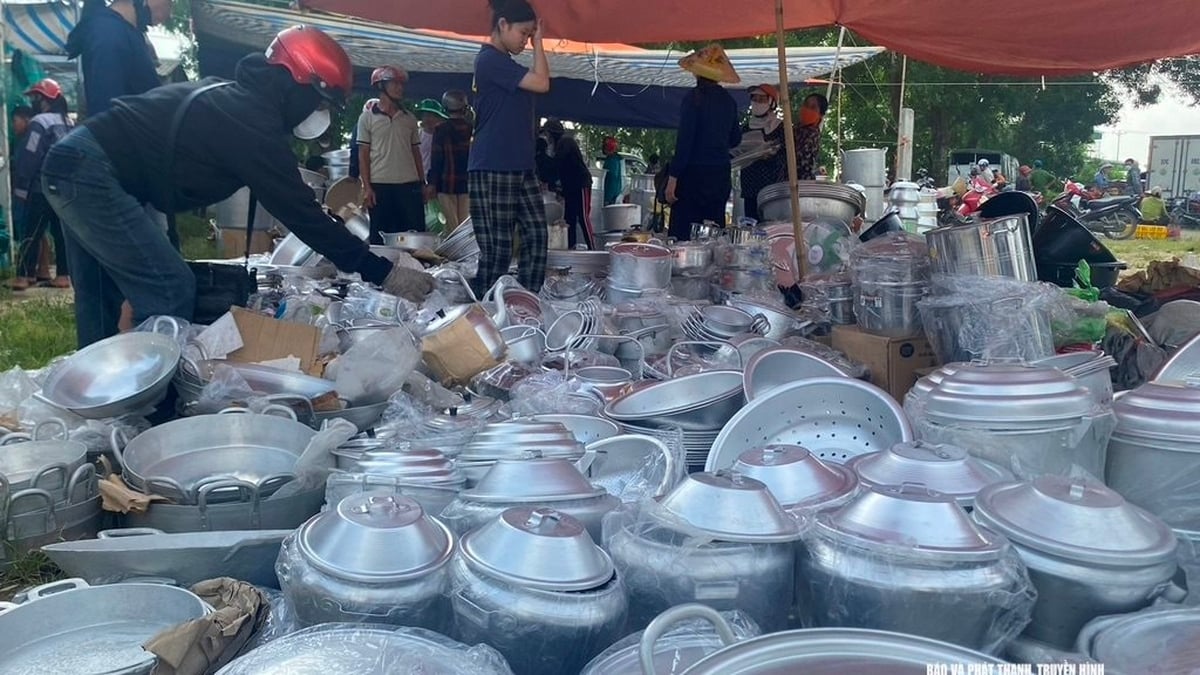

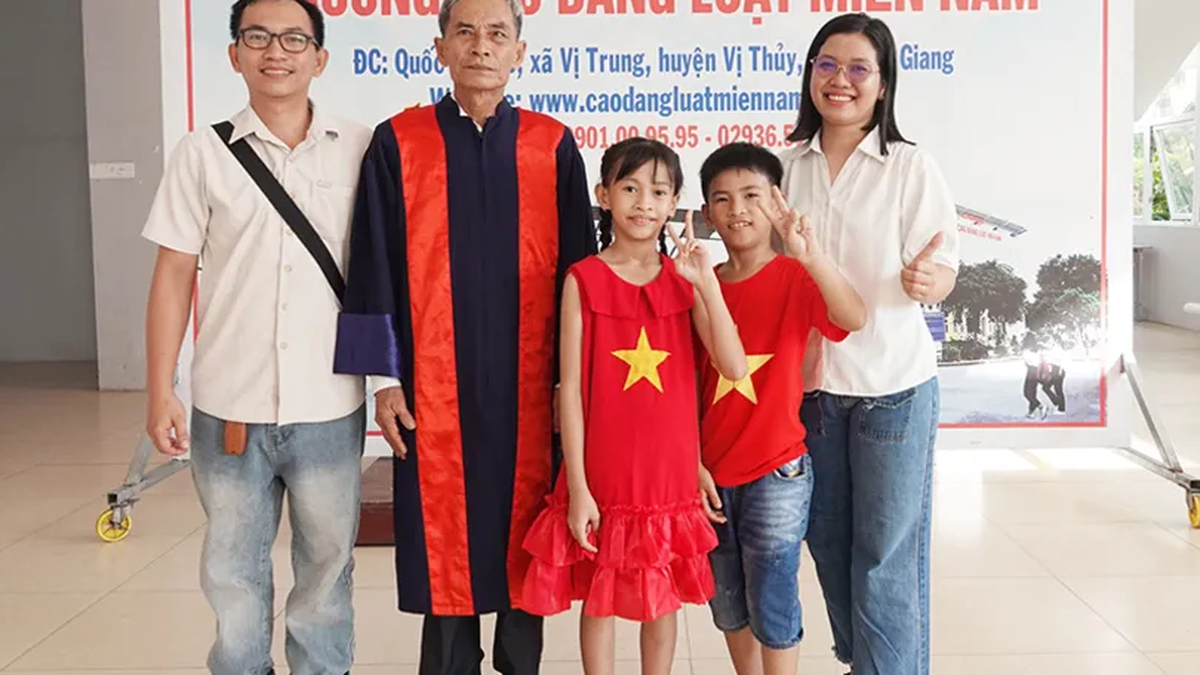




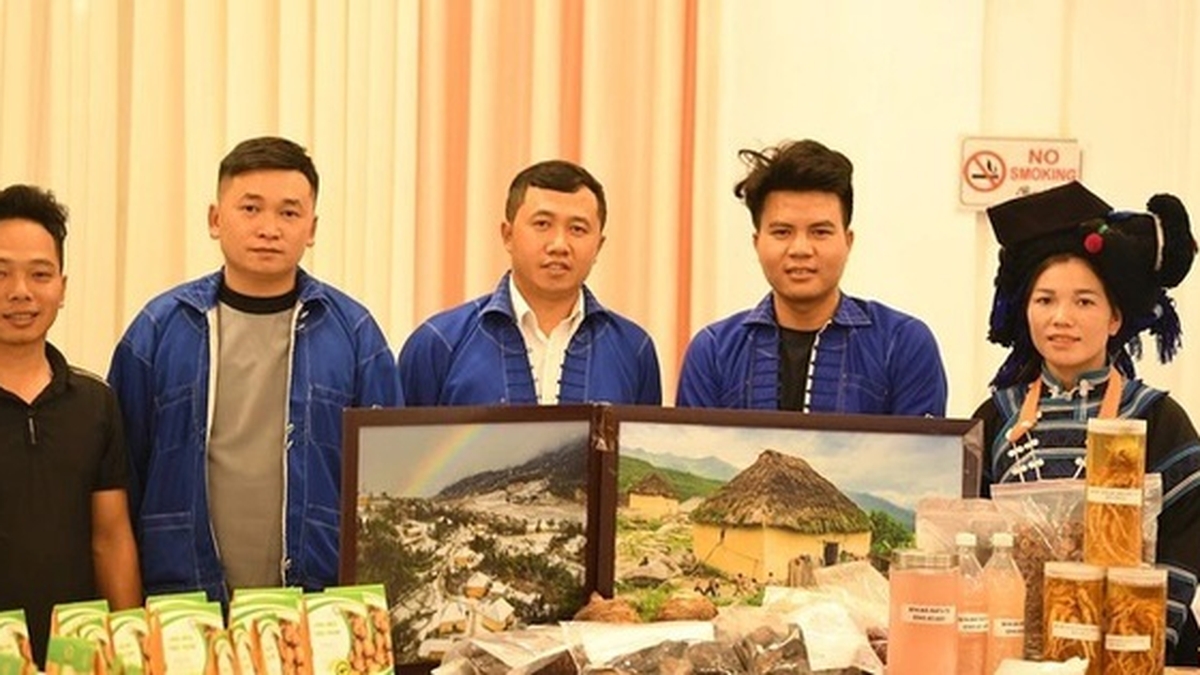








































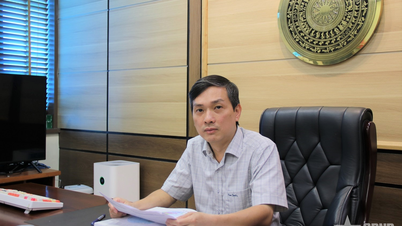

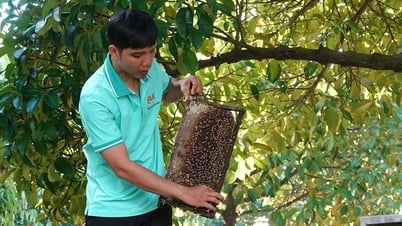











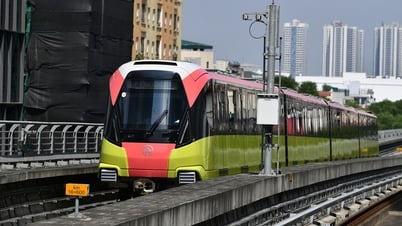






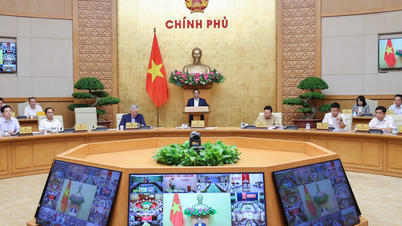



























Comment (0)